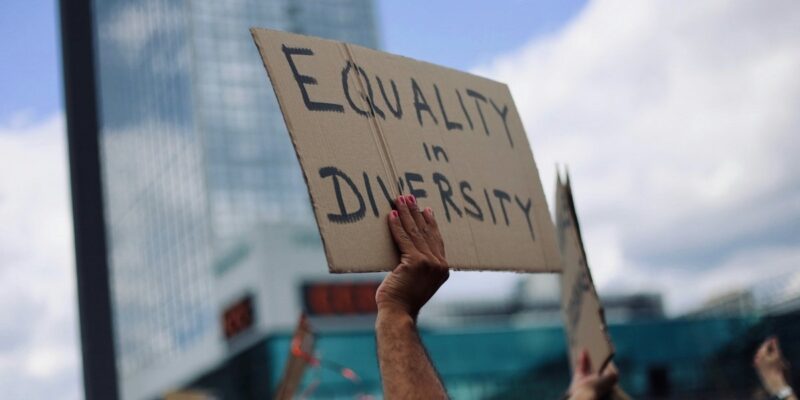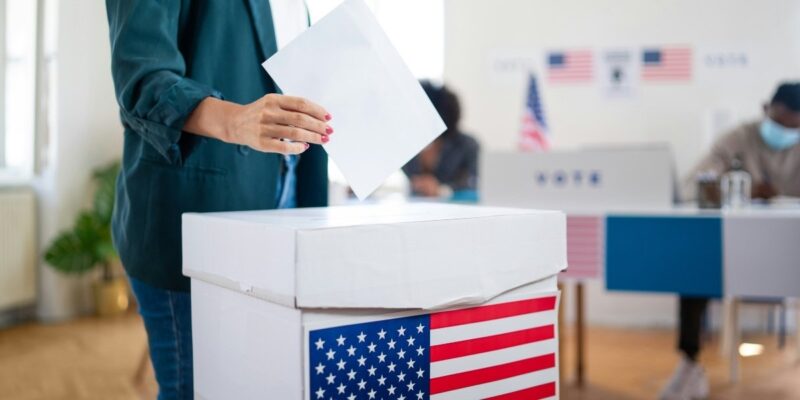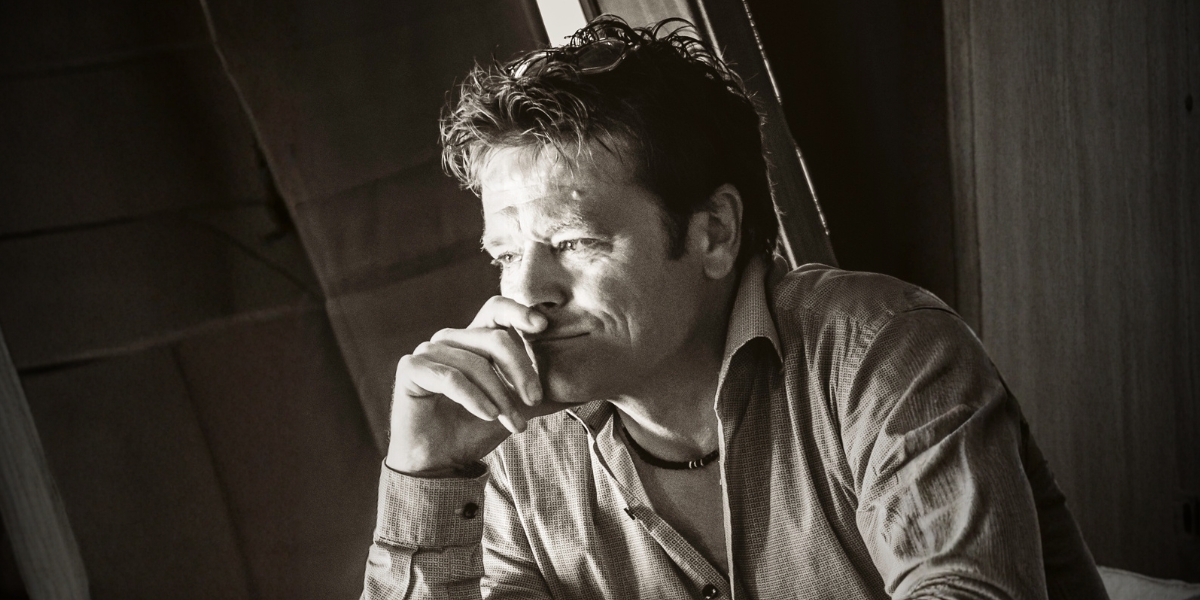The involvement of celebrities in political campaigns is a topic that often sparks considerable discussion. Public figures, ranging from actors and musicians to athletes and social media personalities, frequently use their platforms to voice political opinions, endorse candidates, or advocate for specific causes. This practice is not new, with historical examples tracing back over a century, but its prominence and perceived impact have evolved significantly with the rise of mass media and digital communication.
Read also: How Clickbait Headlines Distort Celebrity Narratives
What Draws Celebrities to Political Involvement?
Celebrities often engage in political campaigns for a variety of reasons, reflecting both personal conviction and strategic considerations. Many public figures possess genuine beliefs about political issues or candidates and feel a moral obligation to use their widespread influence to support causes they care about. They may see their platform as a powerful tool for social change, aiming to raise awareness about issues they deem important, from environmental protection to social justice or economic policies. For these individuals, political involvement is an extension of their personal values and a way to contribute to the public discourse.
Beyond personal convictions, there can also be strategic motivations. Engaging in political campaigns can, for some, enhance their public image or brand, aligning them with causes that resonate with their fan base or a broader segment of the population. It can also provide opportunities for increased media visibility and relevance. Some celebrities may also feel a sense of responsibility to represent the views of their communities or to amplify voices that might otherwise be overlooked in the political arena. The increasing polarization of political discourse can also create pressure for public figures to take a stance, as neutrality might be perceived as indifference.
What Impact Do Celebrities Have on Political Campaigns?

Celebrities have the potential to significantly influence political campaigns. With millions of followers on social media platforms, television shows, and films, celebrities hold substantial public platforms that can reach a wide audience. When a well-known figure publicly supports a candidate or causes, they can generate attention and bring visibility to issues that may not otherwise receive the same level of recognition.
For instance, a celebrity endorsement can lend credibility to a candidate or movement, especially if the celebrity is seen as trustworthy or influential by their fanbase. This can help raise awareness about political issues and increase voter turnout, particularly among younger demographics who may be more inclined to engage with political content if it’s shared by someone they admire. Celebrities, through their wide-reaching platforms, can spark conversations and create momentum for political causes, mobilizing support and contributing to campaign visibility.
Can Celebrity Involvement Undermine Political Discourse?
Despite the potential positive impact, there are concerns that celebrity involvement in political campaigns can undermine serious political discourse. Celebrities are often seen as figures who live outside the realm of everyday political struggles, leading some to question whether their opinions carry the same weight as those of experts or political leaders. Their involvement may reduce complex political issues to soundbites or media-friendly slogans, which can oversimplify nuanced problems and lead to misguided or poorly informed opinions.
Additionally, the fact that celebrities are often seen as experts on topics unrelated to their profession can sometimes result in an imbalance of influence. When someone with no formal political experience or knowledge endorses a candidate, it may not be clear to the public how informed their stance is. This can lead to political decisions being swayed by emotions or celebrity status, rather than a thoughtful analysis of policies and ideas.
Furthermore, celebrities are often seen as products of media culture, where image and public persona are paramount. This focus on image can sometimes overshadow the substance of political discussions, detracting from the real issues at hand and reducing political engagement to entertainment.
Do Celebrities Have a Responsibility to Use Their Influence Wisely?
Given the substantial influence that celebrities hold, many argue that they have a responsibility to use their platforms thoughtfully and ethically. While it is a democratic right for any citizen, including celebrities, to participate in political discourse, the question arises: should celebrities be more cautious about how they wield their influence?
On one hand, celebrities can be seen as valuable advocates for important social causes, using their fame to shine a spotlight on underrepresented or overlooked issues. Their involvement can amplify voices that may not otherwise be heard, especially in areas related to social justice, climate change, or humanitarian efforts. Celebrities can often draw media attention to critical issues, encouraging both the public and policymakers to take action.
On the other hand, the immense reach of celebrity culture means that their messages can sometimes be more about self-promotion or personal brand-building than genuine political engagement. As public figures, celebrities are often subject to intense scrutiny and their political endorsements may sometimes reflect personal interests rather than an objective view of the public good. This raises the question of whether celebrities have a duty to ensure their endorsements are based on thorough, unbiased research and not simply on personal inclinations.
Read also: How Celebrity Divorces Influence Public Perception of Marriage
Is Celebrity Endorsement in Politics Just Another Form of Entertainment?

One key consideration in the discussion about celebrity involvement in politics is whether political campaigns have become too intertwined with entertainment. In a world where media and politics are often indistinguishable, celebrity endorsements can sometimes be viewed as an extension of the entertainment industry. This can reduce the political process to a popularity contest, where being well-known is as important as having a comprehensive political platform.
In this context, celebrity endorsements can contribute to a culture where style trumps substance, and the political discourse becomes more about image management than policy debates. This trend has the potential to make politics more superficial, where voters may choose candidates based on their popularity or celebrity associations rather than their qualifications or positions on issues.
Moreover, the use of celebrities in political campaigns raises concerns about the commercialization of political engagement. As campaigns increasingly rely on celebrity endorsements to gain attention and raise funds, there is a risk that the integrity of political processes could be compromised by the demands of the entertainment industry. When a political candidate’s success relies heavily on their ability to attract celebrity support, the focus may shift from policy development to image crafting, which can dilute the seriousness of the political conversation.









